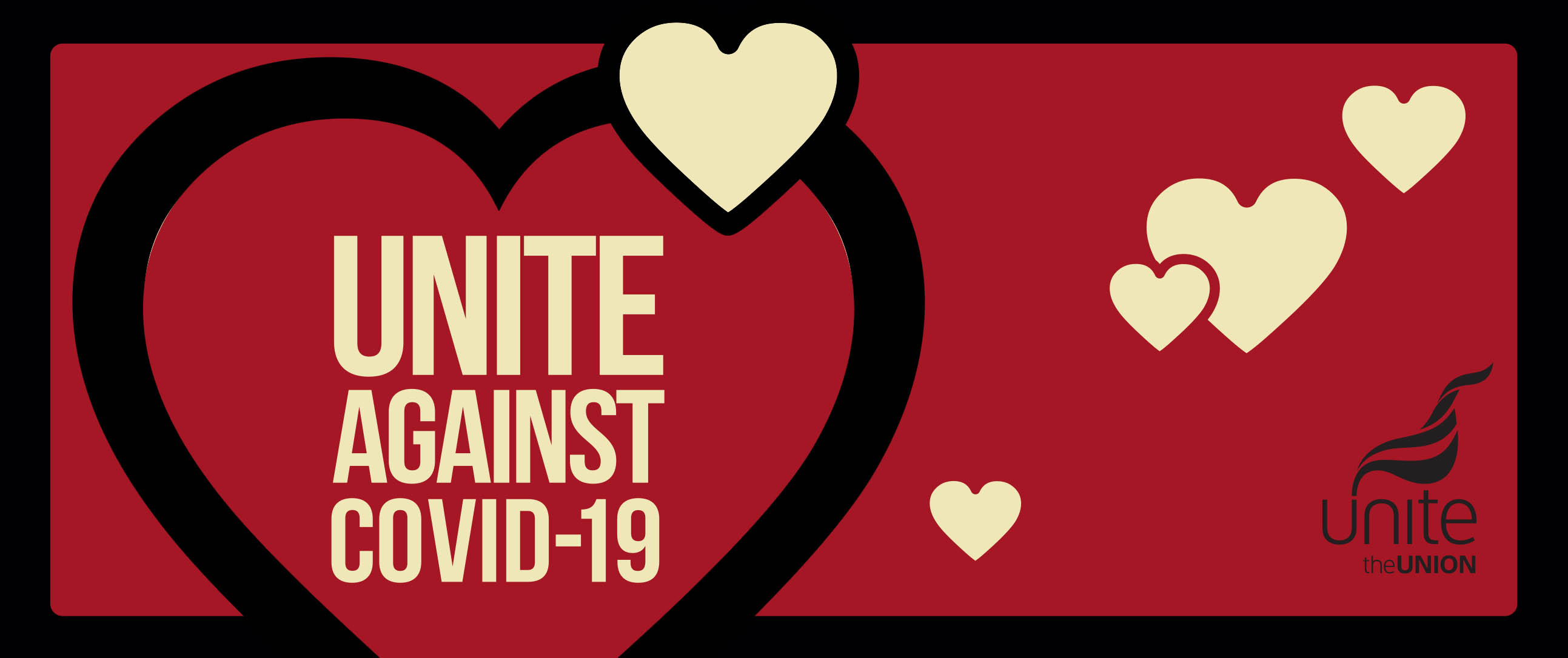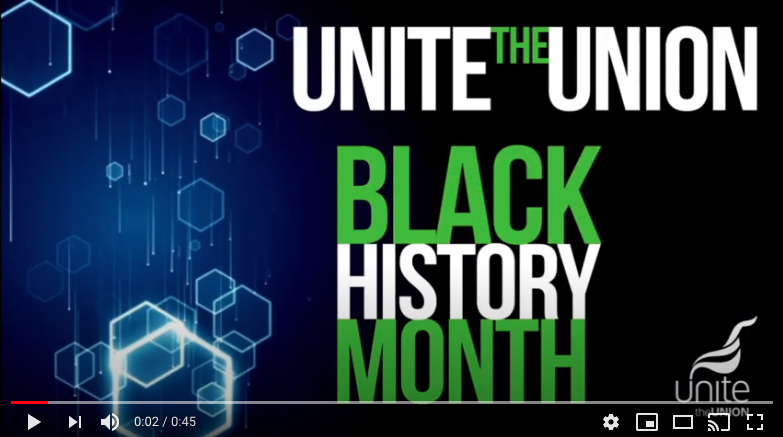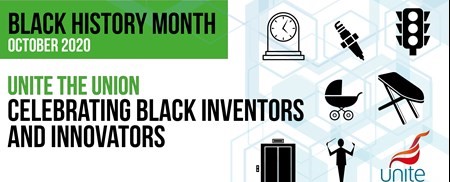â€Not an easy thing to do’
To celebrate Black History Month this week on UNITElive, every day we meet a Unite member who tells us of their own experiences. Today we meet Polline Palo
Imagine you meet a new person for the first time and you tell them where you’re from. A knowing look registers across their face.
“It must be nice for you here,” they say, inadvertently declaring all their negative impressions of your home country in one short sentence.
This is the truth for many Africans whose countries have been condensed into a montage of pot-bellied children surrounded by flies, scary young men carrying AK-47s, endless shanty towns and endangered animals. Africa’s histories and cultures have been reduced to a few shocking images and tired stereotypes.
When Unite workplace rep Polline Palo arrived in the UK from Kenya 20 years ago, it was a situation she faced many times.
Polline’s father, George, was a locomotive driving instructor and shop steward at the East African Railways and Harbour Corporation. George often travelled the world for his work and took Polline with him.
Polline had a comfortable and cultured upbringing and became a well-travelled and educated woman, but some people she met in the UK couldn’t see past two things: she was black and Kenyan.
“It wasn’t my first time in Europe so their reaction wasn’t a shock and didn’t bother me. But before people got to know me, they just tended to think that I’d run away from my country because it’s poor and there’s not enough food. You could pick it out in people’s faces. That would change once they got to know me. People just think that Africa is a land of problems,” explained Polline.
Increasingly hysterical coverage of migrants coming to the UK hasn’t helped improve the public’s perception of African nations in the 20 years Polline has called England home.
Important and laudable things are happening, and have been happening for a very long time, in Africa. For instance Kenya is leading the world on renewable energy: it has more solar panels per person than any other country on Earth, is building Africa’s largest wind farm and is the only country on the continent to have a carbon exchange program.
Pre-conceptions
Reductive attitudes towards developing nations in the media go hand-in-hand with similar pre-conceptions within work places towards BAEM staff. The situation has led Polline to take an active role with Unite in order to restore some balance. She is first black woman to be elected as a workplace rep at Warwick University and is a member of the regional BAEM committee.
“Most black and Asian people are down at the bottom. There is a certain level we’re not supposed to get past. We have provisions for equality, fairness and social justice on paper, but they’re not practically applied in the way we would expect them to be.
“It’s not that people want to fight, we just want to be included in opportunities across the board. Unite helps us to do that.” Polline said.
For Polline, Black History Month has particular resonance when it comes to trade unionism. It was through the tireless efforts of black and Asian members that people from ethnic minorities gained proper representation within Britain’s unions.
She said, “Black trade unionists really fought hard to be recognised and acknowledged. It wasn’t an easy thing to do.
“Black History Month is very special for me because I can remember what they contributed and achieved. They are an inspiration.”
Picture of models
- Don’t forget to tune in tomorrow for another account in this series
 Like
Like Follow
Follow


